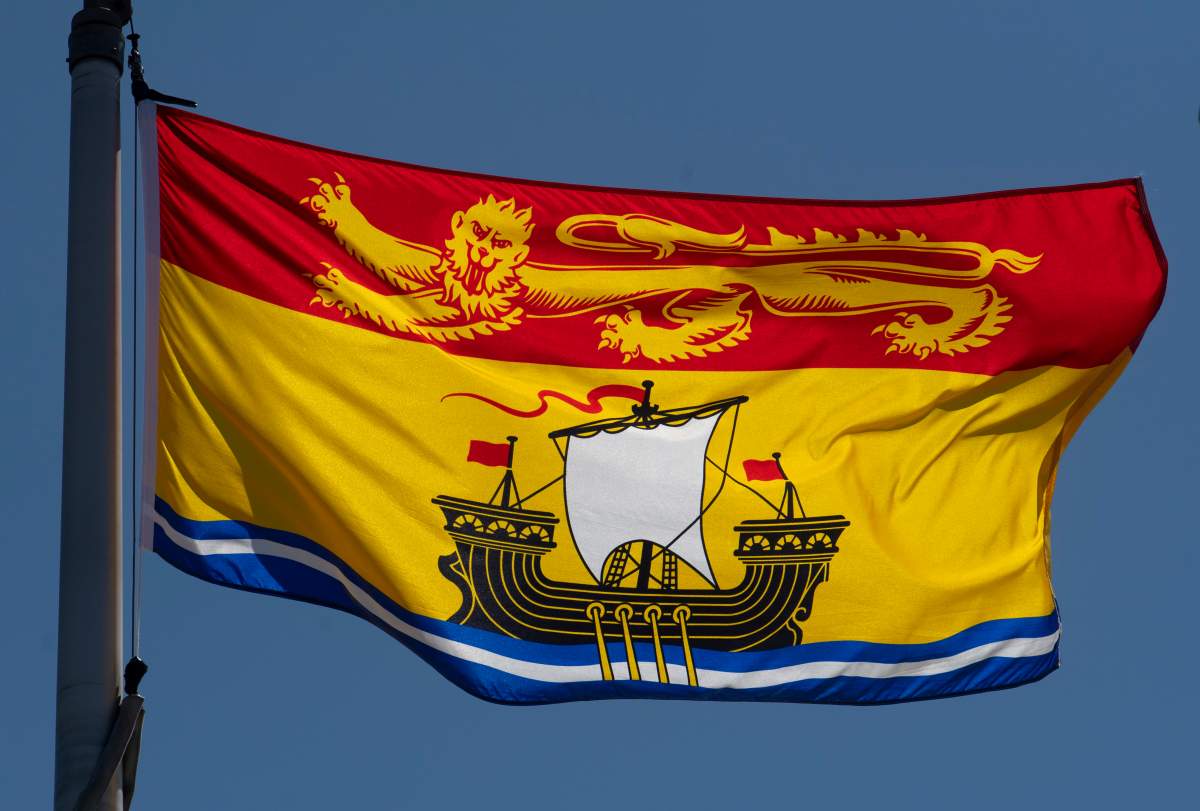Bilingualism in New Brunswick emerged as a top issue as party leaders squared off Thursday evening in their final televised exchange ahead of Monday’s provincial election.

The four party leaders who had members in the last legislative session discussed leadership, the economy and health care during the 90-minute virtual roundtable on CTV Atlantic. But the issue of language produced some of the most animated discussion.
The People’s Alliance continues to list language as one of its top issues and Leader Kris Austin said money could be better spent.
“Here we are in a province struggling to recruit nurses, struggling to pay for equipment, struggling to get doctors in here and at the same time we’re keeping afloat (separate English and French) health authorities in a population the size of 750,000 people,” Austin said.
“I believe you can have one bilingual health authority where you don’t have that competition of resources to save money and reinvest it on the front lines.”

Austin could not say how much money he thought could be saved.
Liberal leader Kevin Vickers accused Austin and Progressive Conservative Premier Blaine Higgs of sharing the same views on language.

Get breaking National news
“Kris Austin says exactly what Blaine Higgs thinks. What we really need to do here is come together as a province and realize that bilingualism is a strength,” Vickers said.
Higgs said Austin does not speak for him and accused the Liberals of using language as a wedge to divide voters in northern and southern New Brunswick.
“They thrive by the language divide because it splits our province. We aren’t split on language issues, we’re split by a party that wants to try to maintain power at any cost,” Higgs said. “This division in our province has to stop, and the Liberal party has to stop exploiting it.”
When questioned, Higgs said if re-elected he would not end duality in the delivery of health care.
Green leader David Coon acknowledged language issues, namely the inability of Francophones to find nursing homes in the Fredericton area that offer service in their language.
_848x480_1430096963716.jpg?w=1040&quality=70&strip=all)
The leaders are back on the campaign trail Friday in the final push to attract voters ahead of Monday’s vote.
Earlier Thursday, the Progressive Conservatives released their platform with $11.4 million in new spending promises.
Promising to “Recover. Reinvent. Renew,” the document repeats last year’s budget plan to provide a modest spending increase in health care. It continues a push to retain immigrants and it commits to provide updated civics classes and better Internet service to schools.
It also details new spending commitments that include $1.4 million annually for nurses to support the transition of seniors out of hospital and into their own homes or nursing homes and $3.5 million annually for improvements in mental health services.
There would be an added $1 million for a school food program and pay increases for early childhood educators that would cost $3.5 million a year. The platform also includes an increase of $2 million annually for policing.
Higgs said during a news conference the modest spending increases will be achieved without tax hikes.
“There will be no new tax increases under our government because we have enough money in the system,” he said. “We just need to get results for what we’re spending.”
Higgs said the plan is designed to help businesses compete “in a post-COVID, digital world where e-commerce will be a key for domestic and export growth.” He said a Tory government would give priority to New Brunswick businesses in procurement, where possible.

The platform says the minority Tories fulfilled 62 per cent of the party’s promises from the 2018 election, noting that prior to COVID-19 there was net debt reduction of $129.3 million.
The document also emphasizes that Statistics Canada is projecting the province will achieve a rapid return to pre-COVID-19 employment levels.
Monday’s election is the first in the country since the start of the pandemic.







Comments
Want to discuss? Please read our Commenting Policy first.